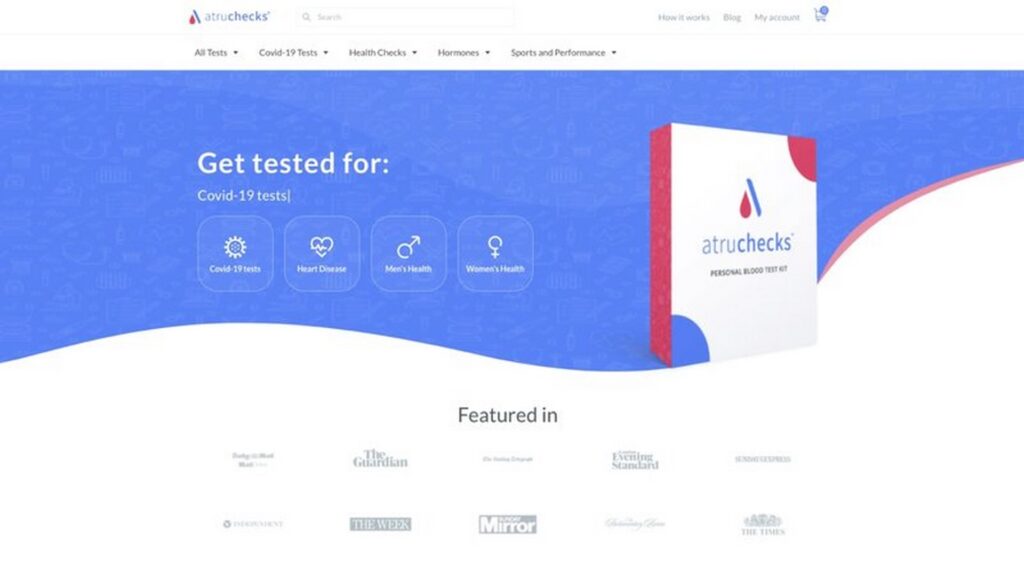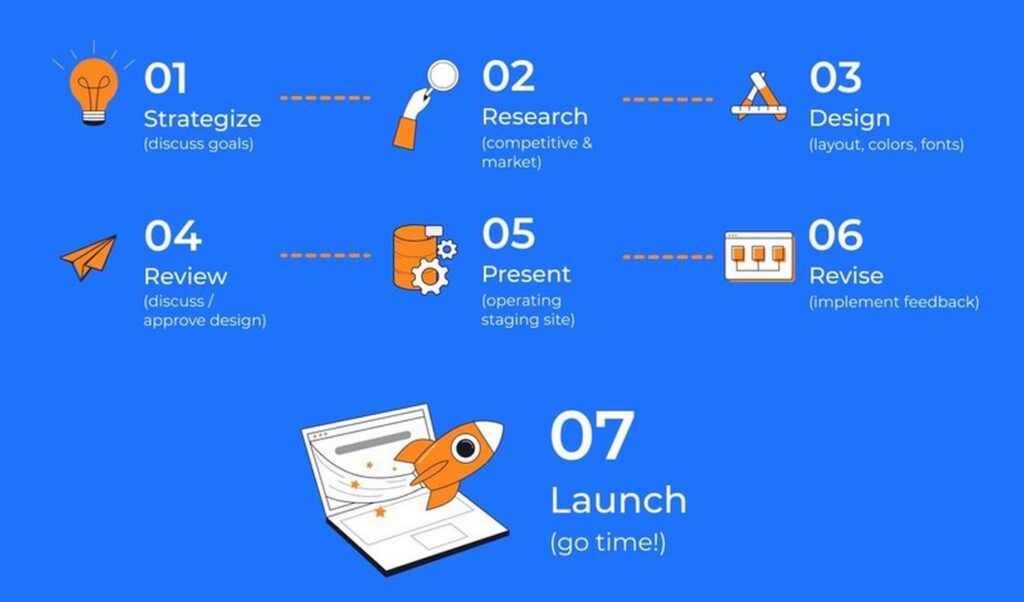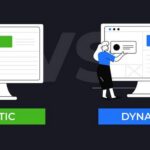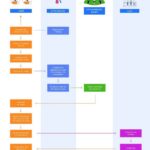Introduction
For over a decade, we at Globaldev have been providing software development services, and one of the most common questions we receive is, “How much does a website cost?” It’s crucial for our clients to understand the factors influencing website development costs. In this comprehensive guide, we shed light on the real expenses involved in custom software and website development at Globaldev and discuss the variables that impact pricing.

Factors Influencing Website Costs
The complexity of your website significantly affects its development cost. Different types of websites, ranging from small informational sites to large eCommerce platforms, require varying levels of time and resources to build. Let’s explore how the type of website influences development costs:
Small Business Websites
Single-page or microsites serve as effective tools for promoting businesses with limited budgets. These sites provide essential information about the company, products, and services, catering to visitors’ informational needs without extensive development efforts.
Medium-Sized Business Websites
Medium-sized websites, comprising several dozen pages, focus on marketing services and products to attract and convert visitors. With features like portfolios, customer testimonials, and contact pages, these websites aim to enhance brand awareness and engagement.
Large Business Websites
Large enterprises often require extensive websites with hundreds or thousands of pages, serving as comprehensive portals for diverse company-related data and services. These content-heavy sites necessitate advanced functionalities such as smart search and categorization to accommodate users’ diverse needs.

eCommerce Websites
eCommerce platforms stand out due to their specialized functionalities for buying and selling goods. Development costs for eCommerce sites vary based on factors like the number of products, payment methods, and user interaction features.
Technology Stack and Platform Choices
Choosing between developing a website from scratch or using existing platforms like Wix or WordPress significantly impacts development costs. While ready-made platforms offer simplicity and cost-effectiveness, custom development provides unparalleled flexibility and scalability. Custom solutions cater to unique business requirements, enabling businesses to stand out and deliver superior user experiences.
Benefits of Custom Website Development
While off-the-shelf solutions offer convenience, custom development ensures businesses receive tailored solutions that align with their specific needs and objectives. Here are some benefits of opting for custom website development:
- Freedom of Choice: Custom websites allow businesses to dictate every aspect of design, features, and content based on their preferences and requirements.
- Original Design: Custom websites offer limitless design possibilities, allowing businesses to create unique and visually appealing interfaces.
- Custom Functionality: Tailored features enhance user experience and enable businesses to implement innovative functionalities to meet user needs effectively.
- Scalability: Custom solutions are inherently scalable, allowing websites to evolve alongside business growth by easily incorporating new features and content.

Case Study: Atruchecks Healthcare Platform
Atruchecks, a healthcare platform offering a wide range of tests, exemplifies the complexity and benefits of custom software development. Despite appearing as a typical eCommerce site, Atruchecks required custom technologies to support its complex business processes, unique design, and robust security measures.
Additional Cost Considerations
Besides development expenses, several other factors contribute to the overall cost of website ownership:
- Domain Registration and Hosting: Essential for website accessibility, domain registration and hosting fees are recurring expenses that businesses need to account for.
- SSL Certificate: To ensure data security, websites handling sensitive information should invest in SSL certificates to encrypt data transmission.
- Third-Party Integrations: Integrating third-party services like analytics tools or payment gateways adds to development costs but enhances website functionality.
- SEO: Investing in search engine optimization (SEO) strategies is crucial for improving website visibility and driving organic traffic.
Conclusion
Understanding the intricacies of website development costs is essential for businesses planning to establish an online presence. By considering factors such as website type, technology stack, custom development benefits, and additional expenses, businesses can make informed decisions to create effective, scalable, and cost-efficient websites.
















